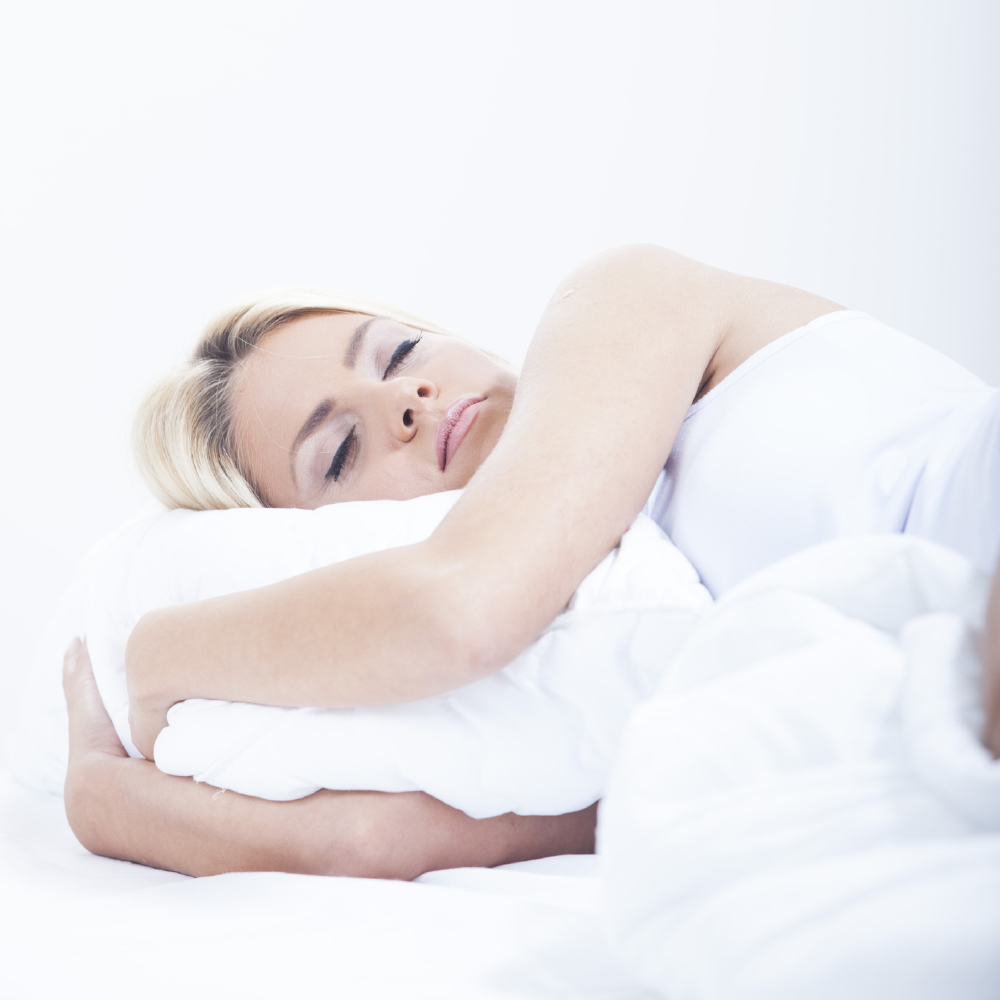According to research from The University of Nebraska, the less shut-eye a person gets, the more they eat.

Who knew sleeping could make you thin?!
The new research found that when we are tired, the hormones controlling appetite are affected, so people feel hungrier, and find it far more difficult to stick to diets. After a night of tossing and turning, levels of ghrelin - the 'hunger hormone' which stimulates appetite - are higher, as reported in the study.
Last year, a record breaking two out of three women tried to lose weight*, with the average UK woman spending an estimated £25,000 on diets over the cost of a lifetime**.
With 2015 looking set to be the hottest summer to date, those shorts are looking more and more likely to be a must have essential, but did you know that something as simple as getting a good night's sleep can actually help you to lose weight and feel great too?
Silentnight sleep expert, Dr. Nerina Ramlakhan, says: "Not sleeping enough forces our body into crisis or survival type mode. We start to run on adrenaline which makes us conserve energy and store fat particularly around the middle - this is called 'trunkal thickening' - and we start breaking down our muscles.
"Not sleeping or poor quality sleep also makes you rely more on caffeine and refined sugars during the day and these are all substances that will make us put on weight. In the meantime, people who have difficulty getting to sleep delay going to bed, and then snack as a procrastinating exercise. People also drink alcohol in the evenings, mistakenly believing it will make them more tired, and these alcoholic drinks are high in calories."
Simple lifestyle changes to get better quality sleep can therefore help us to lose weight and make sticking to a healthy eating regime easier.
Dr Nerina has shared some of her top sleep tips so you can see results on the scales:
Your bedroom is your personal sanctuary. Never bring your work life into the bedroom - keep laptops and mobile phones out of this room. It should be a technology free zone
If you can, try and switch off from work as soon as you leave the office and avoid checking your emails or social media accounts 90 minutes before going to bed - put your phone, laptop and tablets away
Regular exercise is one of the most effective ways of reducing stress hormone levels (mainly adrenaline) thus enabling you to sleep more deeply
To sleep well we almost need to let go of wanting to sleep well. In other words, the more pressure we put on ourselves to sleep, the less likely we are to actually fall asleep. In these situations it might be helpful not to use the word 'sleep' but replace it with the word 'rest'
If you're lying in bed and you can't sleep - cast your mind over your day and think about all of the positives things that have happened. Close your eyes, breathe deeply and you will be asleep before you know it
To help us sleep as well as possible we need a good balance of the hormones serotonin and melatonin in our system. Eating foods such as chicken, cheese, tofu, tuna, eggs, nuts, seeds and milk will help to boost these hormone levels. A glass of milk before bed is a great way to induce sleep
For more information and sleep tips visit www.silentnight.co.uk/sleep-matters

